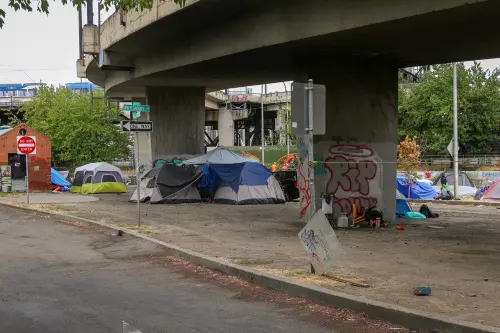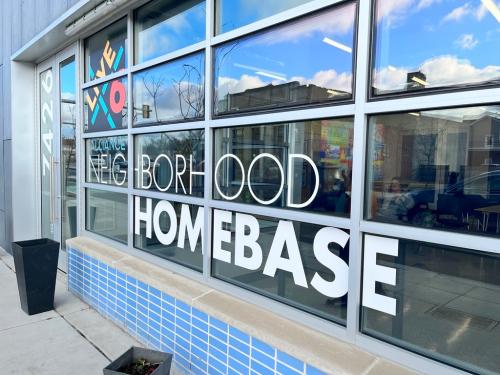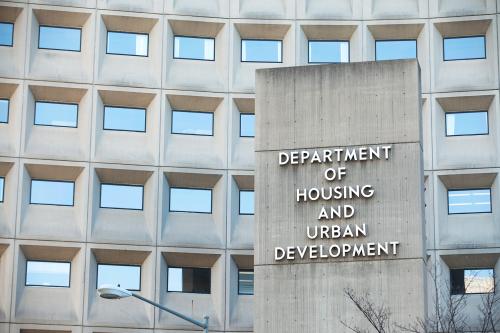My colleague Alan Berube recently authored a short paper that discusses income inequality and poverty in America’s 50 largest cities. While President Obama has powerfully addressed inequality and mobility on multiple occasions, the reality for the foreseeable future is that meaningful action will only come from America’s cities, metropolitan regions, and a few states.
Cities and metro areas are hubs of policy innovation, and regional and local leaders are increasingly taking a number of concrete steps to address poverty and inequality at their roots.
Raising the minimum wage is a ripe area for city and metro innovation. While the federal government debates raising the national level to $10.10 per hour, the Seattle City Council and Mayor Ed Murray are leading the charge for an even higher minimum wage than the $12.00 rate proposed by the state of Washington’s House Democrats. In a similar effort, New York City’s new mayor, Bill de Blasio, pledged an increased minimum wage in his State of the City address last Monday, independent of the state rate.
While New York lawmakers in Albany may be somewhat leery of approving such a request, the state approved its own hike just last year. Other states are not waiting on federal action, either. Independently of Washington, lawmakers and citizens in a solid majority of states across all regions of the country are attempting, in some form, to raise minimum wages.
Even within the Beltway, a coalition of jurisdictions is underscoring the gap between federal stasis and metropolitan action. In Washington, Mayor Vince Gray recently signed a city council-approved bill that will ensure that District residents earn no less than $11.50 an hour, following a graduated increase through July 2016. In a display of metropolitan cooperation, suburban Montgomery and Prince George’s counties in neighboring Maryland have agreed to raise their wage floors to the same level.
Rising measures of income inequality also reinforce the need to provide more and better jobs for low-income workers. Comprehensive skills and job training is essential for providing millions of Americans with the foundation for a better economic future; here, too, cities and metros are stepping up with model programs. For example, Chicago’s Plan for Economic Growth and Jobs aims to accelerate growth in five measures of economic health, including employment, income, and wages—all directly relevant to addressing poverty and inequality in America. Equally important is the plan’s focus on leveraging cooperation among—not competition between—Chicago’s strong public and civic institutions, its community assets, and its business leaders.
In addition to tangible workplace-related skills, local and regional leaders recognize that economic opportunity is enhanced by early access to education. Although the White House released a comprehensive plan for pre-K expansion the morning after the State of the Union, city leaders from Nashville to New York to San Antonio are once again on the cutting edge of efforts to make pre-kindergarten education the norm, rather than the exception.
Finally, cities and metro areas are tackling the economic gap through affordable housing initiatives. Recent research shows that only 14 percent of homes in San Francisco are affordable to households making the area’s median income, and Alan Berube’s analysis reveals that the city is one of the country’s most unequal. However, San Francisco’s mayor recently launched a plan to dramatically increase his city’s supply of affordable housing units in six years.
Poverty and inequality are national matters for concern that merit serious attention. With Washington on a frolic and detour, America’s best hope for progress lies sub-nationally, with cities and metro areas leading the way.



Commentary
The Equality Revolution: City-Led
February 24, 2014